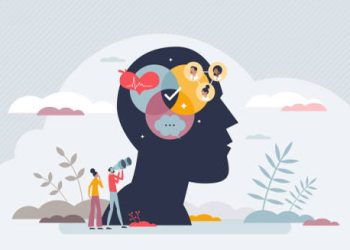Depression – Overview
Depression is a common but serious mental health condition that negatively impacts how a person feels, thinks, and behaves. Affecting people of all ages, backgrounds, and lifestyles, this condition is more than just a bout of sadness or a temporary emotional low—it is a persistent disorder that can interfere with daily life and functioning for weeks, months, or even years.
People with depression may struggle with motivation, energy, and interest in activities they once enjoyed. The condition often brings intense feelings of hopelessness, worthlessness, and guilt. It can impair relationships, reduce productivity, and even lead to suicidal thoughts or behaviour if left untreated.
Depression is a multifaceted illness. It may be triggered by a specific life event, such as a bereavement, trauma, or job loss, but it can also occur without any obvious cause. Biological, psychological, and social factors often interact in complex ways. Genetics, brain chemistry, personality traits, and environmental stressors can all contribute to the development.
Depression
The World Health Organization reports that more than 280 million people worldwide live with the condition, making it one of the leading causes of disability. Despite its prevalence, depression remains widely misunderstood and stigmatised. Many people do not seek help due to fear of judgement or misconceptions about the illness.
Fortunately, this condition is treatable. With the right combination of psychological therapies, medication, lifestyle changes, and social support, most people experience significant relief. Early diagnosis and a personalised approach to treatment can drastically improve long-term outcomes and restore wellbeing.
In summary, depression is a serious but treatable mental health condition that requires compassion, awareness, and a proactive approach to recovery. Recognising the signs and encouraging open dialogue can help break the stigma and provide hope to those affected.
[Next: Causes of Depression →]


